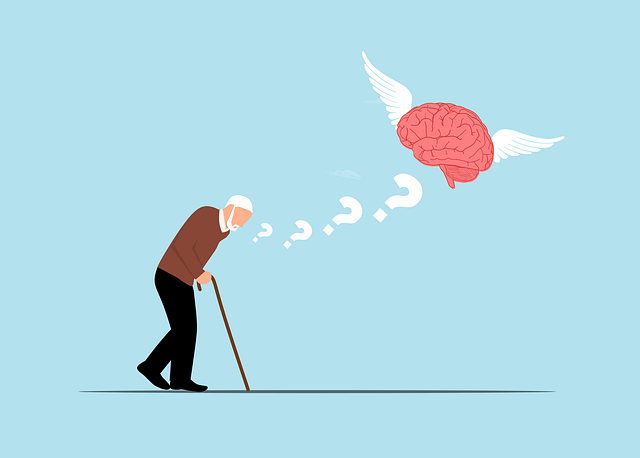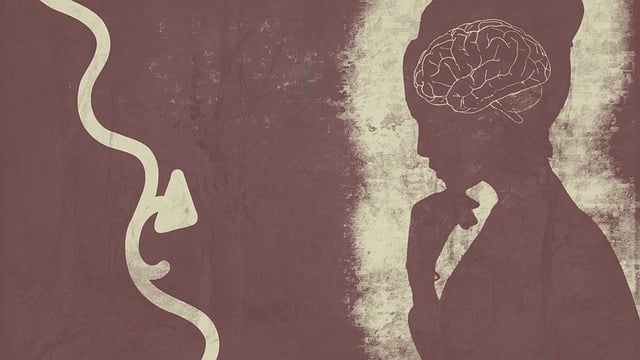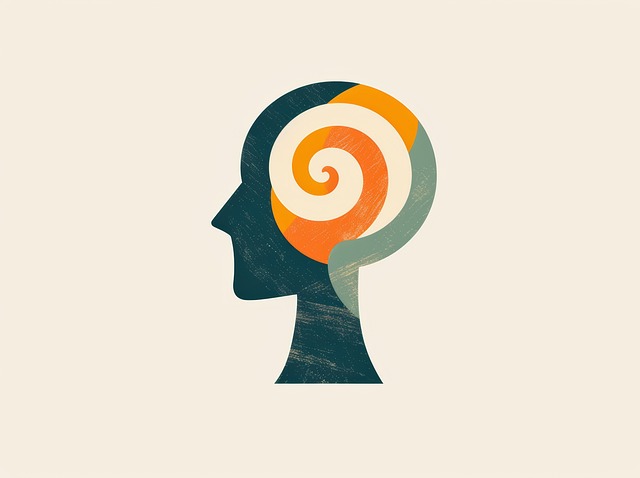Englewood Cognitive Behavioral Therapy (CBT) is an effective approach for managing loss, grief, and bereavement. By challenging negative thought patterns and providing tools like mindfulness and social skills training, CBT helps individuals process emotions, adapt to change, and improve their mental well-being. This therapy supports healing from intense emotional distress, fosters resilience, and promotes self-compassion, ultimately encouraging personal growth after loss. CBT's structured framework empowers grievers to overcome obstacles, manage symptoms, and rebuild purpose, offering hope and recovery for those facing difficult losses.
Loss, grief, and bereavement are profound experiences that can deeply impact individuals. This comprehensive guide explores these complex emotions, offering insights into the healing power of Englewood Cognitive Behavioral Therapy (CBT). From understanding the grieving process to the role of CBT in addressing specific challenges, this article provides valuable strategies for navigating difficult times. Discover how engaging with CBT techniques can facilitate healing and recovery, as evidenced by inspiring success stories from real clients.
- Understanding Loss, Grief, and Bereavement: A Comprehensive Overview
- The Role of Cognitive Behavioral Therapy (CBT) in Counseling
- Engaging with Englewood CBT: Techniques and Strategies for Healing
- Common Challenges in Grieving and How CBT Can Help Overcome Them
- Finding Hope and Recovery: Success Stories from CBT Sessions
Understanding Loss, Grief, and Bereavement: A Comprehensive Overview

Loss, grief, and bereavement are complex emotional experiences that can profoundly impact an individual’s well-being. Understanding these processes is essential for effective support and healing. Loss refers to the absence or departure of someone or something significant, triggering a range of feelings, from sadness to anger. Grief is the intense emotional reaction to loss, characterized by deep sorrow, longing, and sometimes denial or guilt. Bereavement, on the other hand, is the period after a loss during which individuals adjust and learn to live with their new reality.
Englewood Cognitive Behavioral Therapy (CBT) offers a structured approach to navigating these challenges. CBT helps clients identify and challenge negative thought patterns associated with loss, fostering healthier coping mechanisms. Techniques such as mindfulness meditation and social skills training can enhance mood management and support individuals in building resilience. By integrating these evidence-based strategies, Englewood CBT provides valuable tools for those dealing with grief and bereavement, enabling them to process their emotions, adapt to change, and find meaning in their experiences.
The Role of Cognitive Behavioral Therapy (CBT) in Counseling

Englewood Cognitive Behavioral Therapy (CBT) has emerged as a powerful tool in counseling for loss, grief, and bereavement. CBT focuses on identifying and changing negative thought patterns and behaviors that can contribute to feelings of sadness, anxiety, or depression associated with these difficult experiences. By helping individuals challenge and replace unhelpful cognitions, CBT enables them to develop healthier coping mechanisms and improve their overall well-being. This approach is particularly effective in managing the intense emotions that often accompany loss, fostering a sense of resilience and adjustment over time.
In addition to its direct benefits for grief counseling, Englewood CBT also plays a significant role in Mental Health Awareness and Burnout Prevention. By addressing underlying mental illness and stigma reduction efforts, it empowers individuals to navigate their emotional landscape with greater understanding and self-compassion. Through CBT, people can learn to recognize the signs of burnout, set boundaries, and prioritize self-care, all of which are crucial aspects of maintaining mental well-being in the face of life’s challenges.
Engaging with Englewood CBT: Techniques and Strategies for Healing

Engage with Englewood Cognitive Behavioral Therapy (CBT) offers a powerful framework for healing from loss, grief, and bereavement. CBT techniques focus on identifying and modifying negative thought patterns and behaviors that can exacerbate emotional distress. By exploring these cognitive distortions, individuals can learn to reframe their experiences, fostering a more adaptive response to loss. Therapists utilize various strategies, such as mindfulness exercises, relaxation techniques, and behavioral activation, to promote emotional well-being promotion and enhance mood management during the grieving process.
This approach goes beyond symptoms management, empowering individuals to develop long-lasting coping mechanisms that support their mental health policy analysis and advocacy. Through CBT, one can gain insights into their grief journey, understand its impact on daily life, and acquire tools to navigate challenges effectively. Ultimately, this form of therapy encourages self-compassion, resilience, and a path towards healing and personal growth in the aftermath of loss.
Common Challenges in Grieving and How CBT Can Help Overcome Them

The grieving process is often fraught with challenges that can make healing a difficult journey. Common hurdles include intense emotions like depression and anxiety, a sense of isolation, and difficulty managing daily tasks. Cognitive Behavioral Therapy (CBT), a form of Englewood Cognitive Behavioral Therapy, offers effective tools to navigate these obstacles. CBT helps individuals identify and challenge negative thought patterns related to loss, providing a structured framework to manage overwhelming emotions and resume functioning.
By focusing on the present and reframing unhelpful perspectives, CBT enables grievers to process their feelings constructively. This therapy empowers them to develop coping strategies for stress and anxiety, enhance problem-solving skills, and rebuild a sense of purpose. Moreover, CBT integrates risk management planning for mental health professionals, addressing potential triggers while fostering inner strength development. Through these mechanisms, Englewood Cognitive Behavioral Therapy facilitates the healing process, assisting individuals in overcoming grief and bereavement challenges to find solace and move forward.
Finding Hope and Recovery: Success Stories from CBT Sessions

Many individuals facing loss, grief, and bereavement find hope and recovery through Englewood Cognitive Behavioral Therapy (CBT) sessions. CBT is a powerful tool that helps clients understand and challenge negative thought patterns associated with their emotional distress. By focusing on the present and developing practical coping strategies, individuals learn to manage their emotions more effectively, fostering a sense of healing and resilience.
Success stories from CBT sessions abound, with participants reporting improved mental health and enhanced quality of life. Through structured programs designed to meet individual needs, healthcare providers equipped with specialized training in CBT can implement effective burnout prevention strategies, ensuring they are better able to support their clients’ long-term recovery. Engaging in mental health education programs and social skills training within the framework of CBT has proven to be a game-changer for many, offering new perspectives and transformative experiences that contribute to overall well-being.
Englewood Cognitive Behavioral Therapy (CBT) offers a powerful approach to navigating loss, grief, and bereavement. By addressing emotional challenges through evidence-based techniques, CBT enables individuals to heal and find hope amidst sorrow. This therapy provides practical tools to manage complex emotions, fostering resilience and recovery. Through engaging with specialized Englewood CBT practitioners, those dealing with loss can embark on a transformative journey, ultimately embracing a new sense of well-being and a deeper understanding of themselves.










